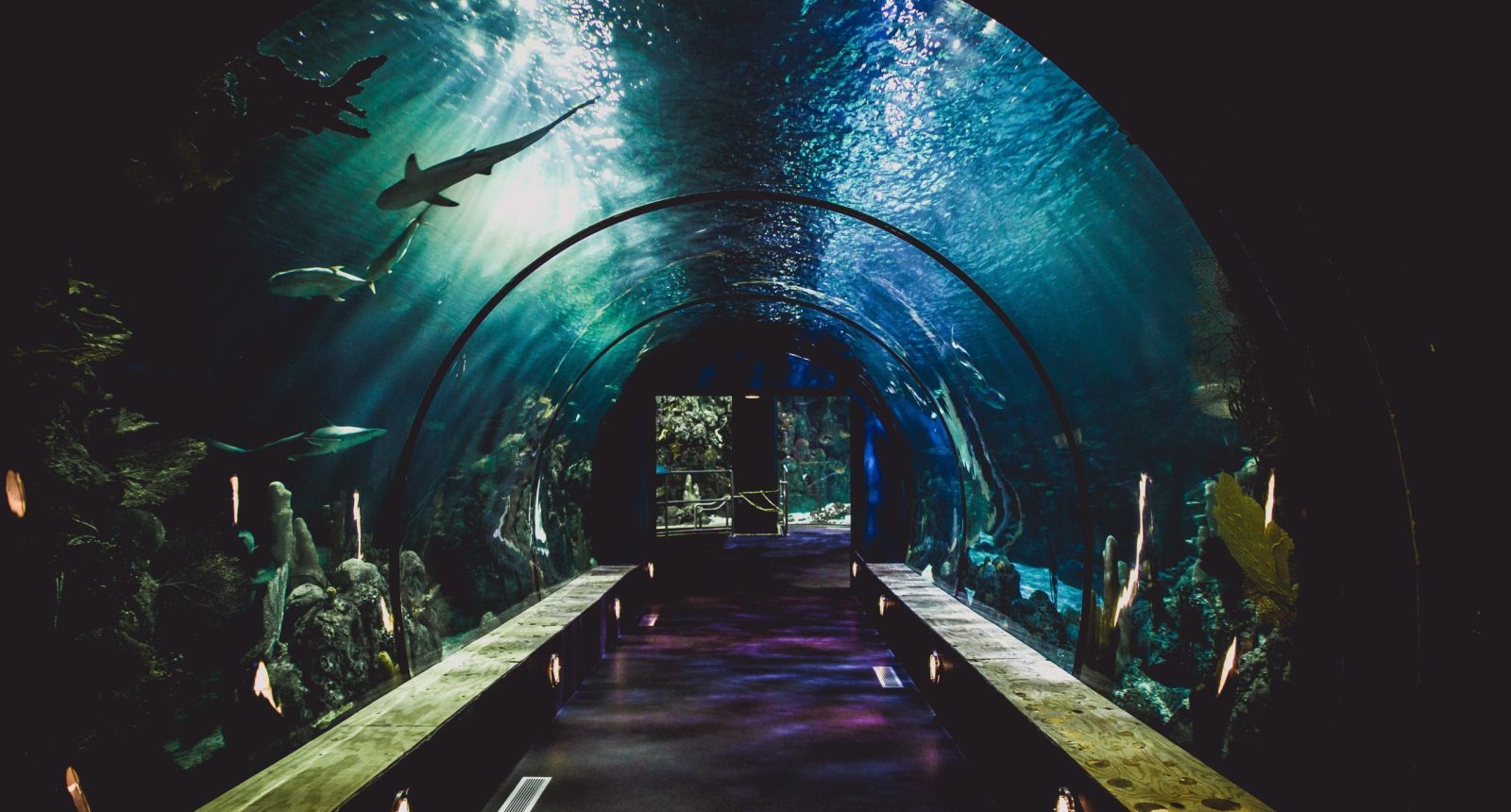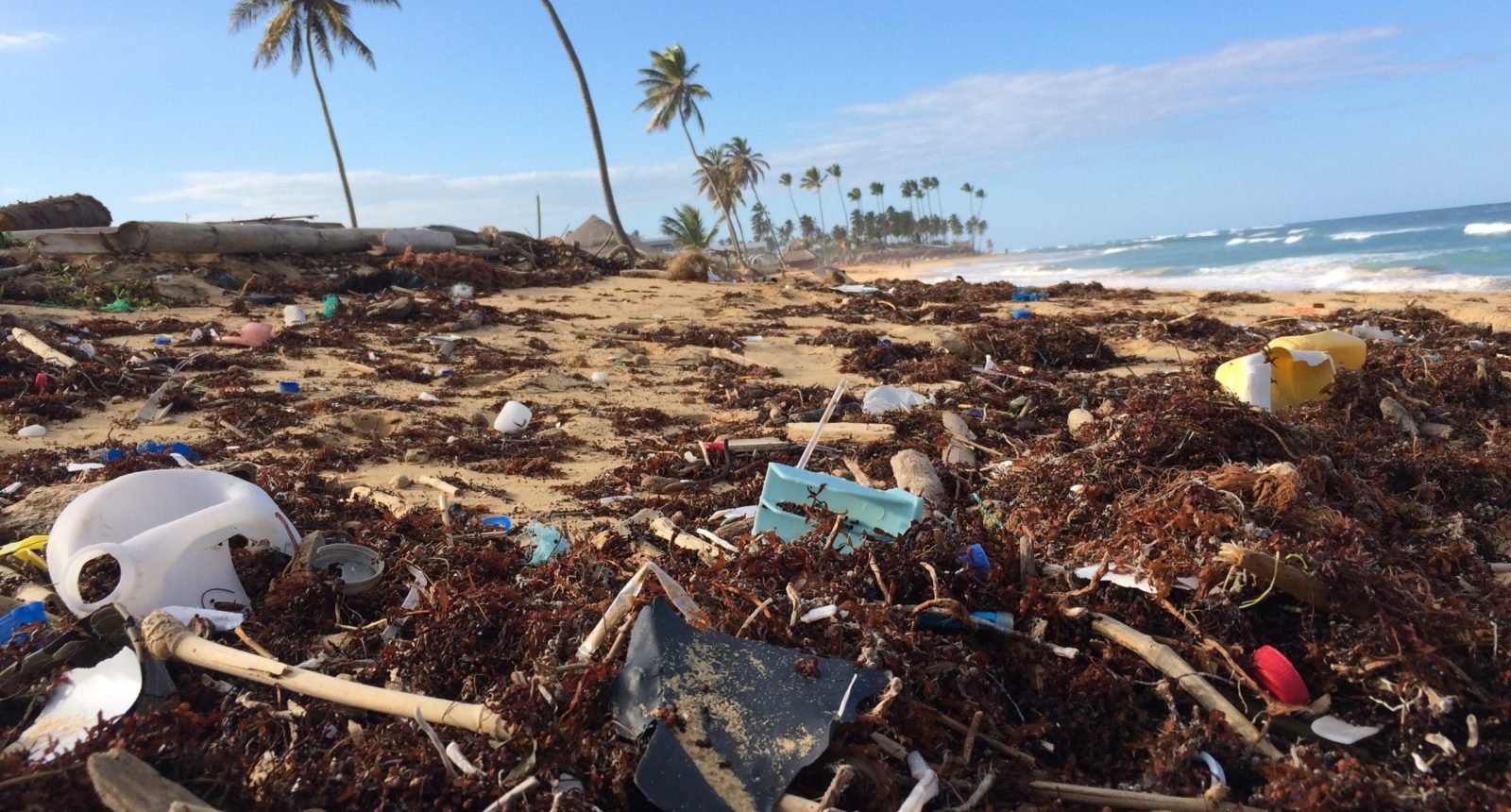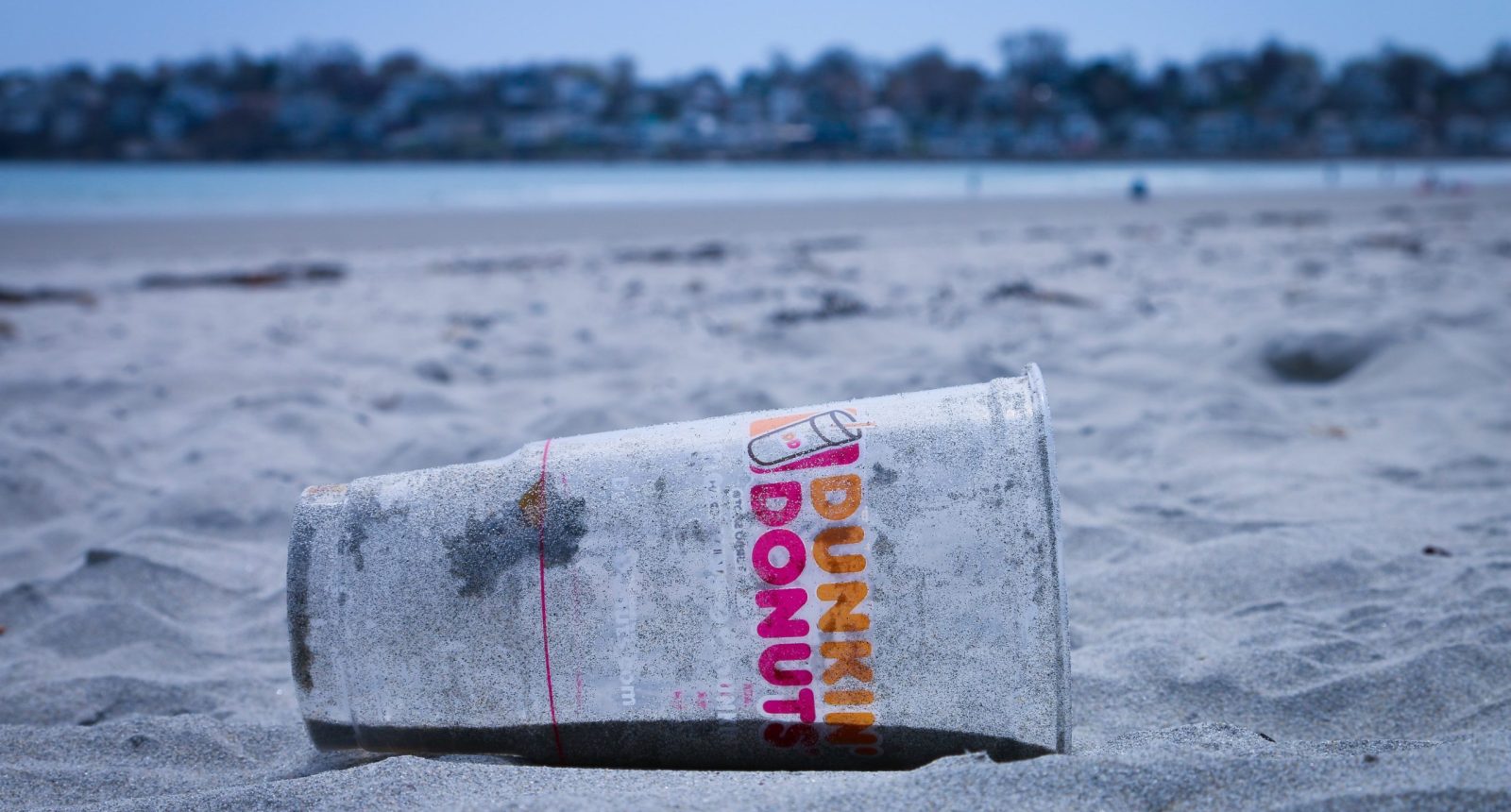
What is World Water Day?
Around the world on March 22nd, people around the world took time to celebrate water and reflect on the importance of water in our own lives. World Water Day is a day dedicated to educating and inspiring people to tackle the water crisis.
The United Nations Sustainable Development Goal 6 is Clean Water and Sanitation. This goal is built on the foundation that water is a human right and should be accessible to all people, with a target date of 2030 in mind to achieve “water for all”.
“Water for all” is the theme of this year’s World Water Day, focussing on tackling the world’s water crisis by addressing the reasons why so many people are being left behind.
Today, billions of people are still living without access to clean and safe drinking water. Marginalized groups such as women, children, refugees, and Indigenous people are often overlooked as they try to access and manage the safe water they need. In order to “leave no one behind,” we must focus our efforts towards including these people who have been marginalized or ignored. Water services must meet the needs of marginalized groups and their voices must be heard in decision-making processes.
The theme “water for all” is adapted from the central promise of the 2030 Agenda for Sustainable Development: “as sustainable development progresses, everyone must benefit.”
Why is this important?
Whoever you are, wherever you are, water is your human right. In 2010, the UN recognized “the right to safe and clean drinking water and sanitation as a human right that is essential for the full enjoyment of life and all human rights.” The human right to water entitles everyone, without discrimination to sufficient, safe, acceptable, physically accessible, and affordable water for uses including drinking, personal sanitation, washing of clothes, food preparation, and personal and household hygiene.
Access to water underpins public health and is therefore critical to sustainable development and a stable, prosperous world. We cannot possibly move forward as a global society while so many people are living without safe water.
 Water Docs Film Festival
Water Docs Film Festival
Water Docs Film Festival is an incredible program held over World Water Day that features several days of high-impact films, animated discussions, and community learning with opportunities for attendees to take immediate action to protect water.
I had the opportunity to attend Water Docs this year and was blown away by the quality of the inspiring films shown and the impact that the festival had across the entire city of Toronto. The films shown at Water Docs were based on a variety of water issues and grouped in themes such as “Water Pressure: our Right to Water, The Impact of Water: What Happens When There’s Not Enough?, The Weight of Water, and The Magnificence of Water”. Each category featured a handful of short films and one feature film that highlighted that specific water theme. The filmmakers and storytellers did such a phenomenal job of connecting with audiences; I truly felt the weight and impact of each and every film that was screened.
One of my favourite films shown at Water Docs was called Birthplace. It took less than 6 minutes for this film to make an impact on every single person in the audience, making us all rethink the way that we’ve treated our planet.
Birthplace tells the symbolic story of a man arriving on a perfect earth, who encounters his nemesis in the form of ocean trash. If you’ve been around for a while, you know that the issue of plastic pollution and marine litter is one that’s near to my heart. This film contained no words, no titles, only a man and the ocean and showed the gradual destruction of nature of time thanks to humanity’s careless disposal of plastic products.
While Birthplace was impactful and moving enough, afterward the festival screened The Making of Birthplace, a 15-minute in-depth look at how exactly the movie was created and filmed. It was really interesting to see all the work that went on behind the scenes from creating a giant, moving plastic whale, to freediving in extreme conditions, and all along the way, working with local communities to mitigate plastic trash in their area.
I left the theatre feeling invigorated and motivated after seeing Birthplace and the making of the film. It highlighted the true impact of human carelessness while also shining a light on the importance of community. It was very inspiring to see the lengths in which these activists went to bring us this film and inspired me to step up my own environmental activism.
While the Water Docs Film Festival only occurs over this week in March, the organization hosts various educational and community programs throughout the year. For more information, check out their website.
 How to get involved:
How to get involved:
- Spread the word
- Share campaign materials from World Water Day on your social media channels.
- Engage your friends with information and stories about the reality of the water crisis and how it affects every aspect of society
- Go to worldwaterday.org/resources or www.worldwaterday.org/social-media to start and conversation and inspire action
- Organize or attend an event
- Gather people in your community to share ideas and make personal connections that could make a difference to people living without safe water
- Visit worldwaterday.org/eventsto see where a World Water Day event is taking place near you or find out how you can organize an event yourself
- Check our Water Docs #ActionForWater page for more ideas and ways that you can take action to protect our water



